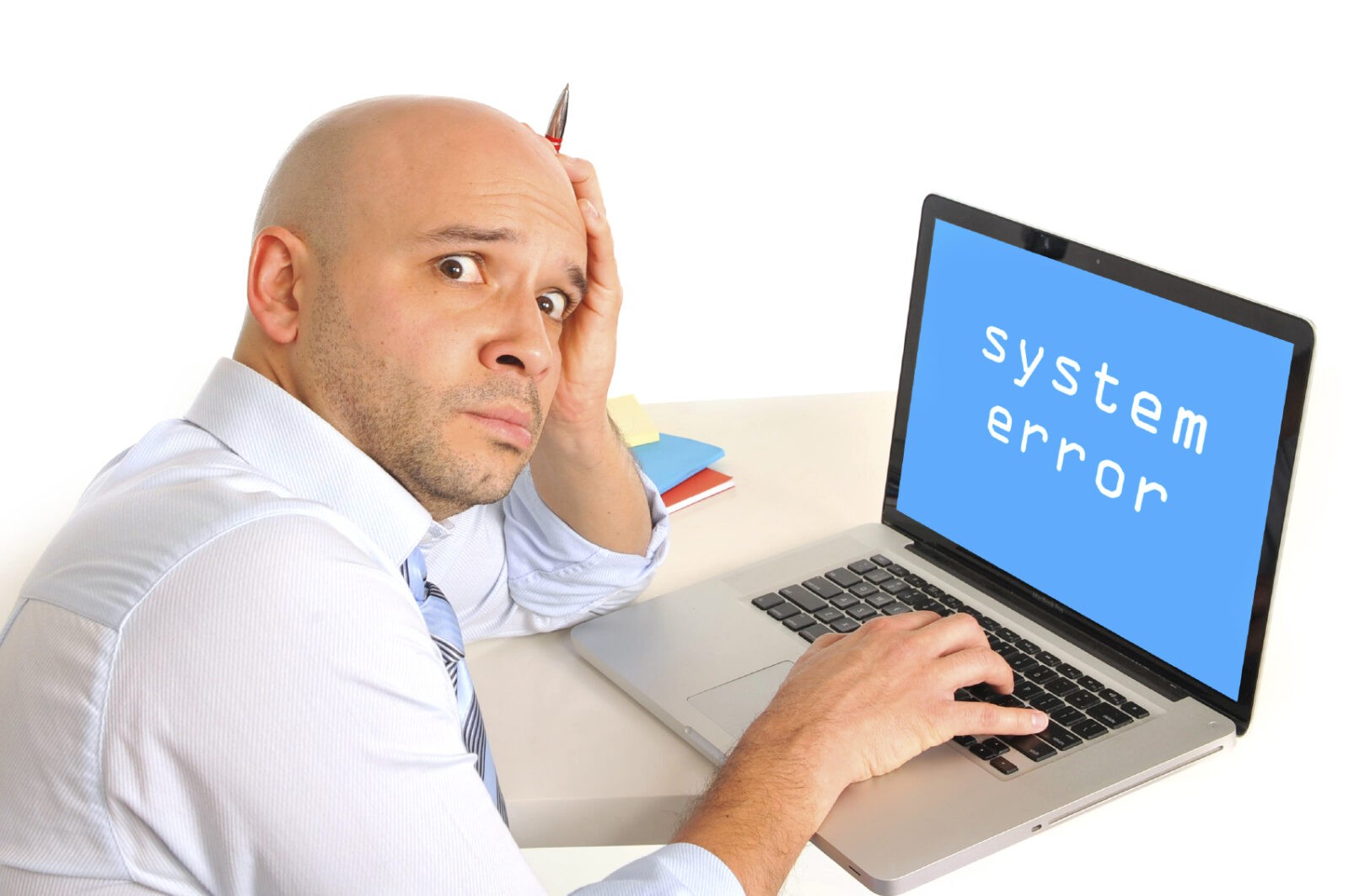
- #People who use computers at work install
- #People who use computers at work portable
- #People who use computers at work password
Also, if you share copyrighted files, you risk being disconnected from the campus network, as well as serious legal consequences. Filesharing opens your computer to the risk of malicious files and attackers. Sensitive information should not be sent through the campus email service.īe extremely careful with filesharing software. These are not generally secure methods of communication. Don't send P3-P4 data via email, text or instant message (IM). P3-P4 data MUST be encrypted when it is transmitted. Use the Campus virtual private network (VPN) when connecting to public wireless, like in a coffee shop.
Use eduroam for secure wireless on campus. Auto-connecting to unknown networks could put your device and data at risk. Check your wireless preferences/settings to make sure your devices aren’t set up to auto-connect to any wireless network they detect. Information and passwords sent via standard, unencrypted wireless are especially easy for hackers to intercept (most public access wireless is unencrypted). Be especially careful about what you do over wireless. Look for https (not http) in the URL to indicate that there is a secure connection. Don't log in to web sites or online applications unless the login page is secure. Only use trusted, secure web pages when entering personal or sensitive information online. Protect information when using the Internet and email. More info about protecting yourself from scams.Ĥ. These are usually over the phone and threaten dire consequences if you don't act immediately. Beware of IRS scams and phony computer support scams. Don't give private information to anyone you don't know or who doesn't have a legitimate need for it - in person, over the phone, via e-mail, IM, text, Facebook, Twitter, etc. If you can't verify an attachment is legitimate, delete it. Don't open unsolicited or unexpected attachments. 
This includes tiny URLs and any link where you can't tell where it will take you. Never click on an unfamiliar link unless you have a way to independently verify that it is safe.
Only click on links from trusted sources. #People who use computers at work password
You should never disclose your password to anyone, even if they say they work for UCSC, ITS, or other campus organizations.
 Don't respond to email, instant messages (IM), texts, phone calls, etc., asking you for your password. Be careful who you share your private information with. Beware of scams: Never reveal your password or click on unknown links or attachments. These items are extra vulnerable to theft or loss.ģ.
Don't respond to email, instant messages (IM), texts, phone calls, etc., asking you for your password. Be careful who you share your private information with. Beware of scams: Never reveal your password or click on unknown links or attachments. These items are extra vulnerable to theft or loss.ģ. #People who use computers at work portable
on portable or mobile devices (such as laptop computers, tablets, phones, memory sticks, CDs/DVDs, etc.) unless they are properly protected. Don't keep P3-P4 data or your only copy of critical data, projects, files, etc.Keep it off of your workstation, laptop computer, and other electronic devices if at all possible. For additional information and tips, see UCSC's Password Standards.Easy to remember (so you don't have to write them down).don't include real words or personal information like user name, names of family members, places, pets, birthdays, addresses, hobbies, etc.)
 At least 8 characters in length (or longer if they're less complex). Contain a mixture of upper and lower case letters, numbers, and symbols. Characteristics of good, cryptic passwords:. Don't share your passwords and avoid writing them down. Use passwords that can't be easily guessed, and protect your passwords. Make backup copies of files or data you are not willing to lose.ġ. Secure your area before leaving it unattended.
At least 8 characters in length (or longer if they're less complex). Contain a mixture of upper and lower case letters, numbers, and symbols. Characteristics of good, cryptic passwords:. Don't share your passwords and avoid writing them down. Use passwords that can't be easily guessed, and protect your passwords. Make backup copies of files or data you are not willing to lose.ġ. Secure your area before leaving it unattended. #People who use computers at work install
Don't install or download unknown or unsolicited programs/apps. Shut down, lock, log off, or put your computer and other devices to sleep before leaving them unattended, and make sure they require a secure password to start up or wake-up. Secure laptop computers and mobile devices at all times: Lock them up or carry them with you. Make sure your computer is protected with anti-virus and all necessary security "patches" and updates. Protect information when using the Internet and email. Minimize storage of sensitive information.  Use passwords that can't be easily guessed, and protect your passwords. THE QUICK LIST Click on each item for additional information General good computing practices and tips that apply to most people who use a computer.įor questions relating to any of the information contained on this page, please contact the ITS Support Center.
Use passwords that can't be easily guessed, and protect your passwords. THE QUICK LIST Click on each item for additional information General good computing practices and tips that apply to most people who use a computer.įor questions relating to any of the information contained on this page, please contact the ITS Support Center.








 0 kommentar(er)
0 kommentar(er)
